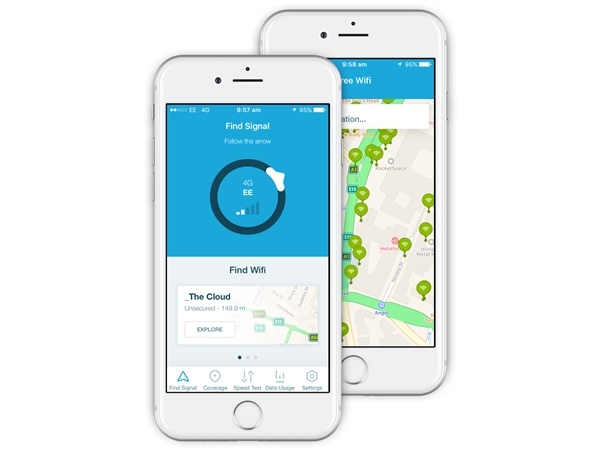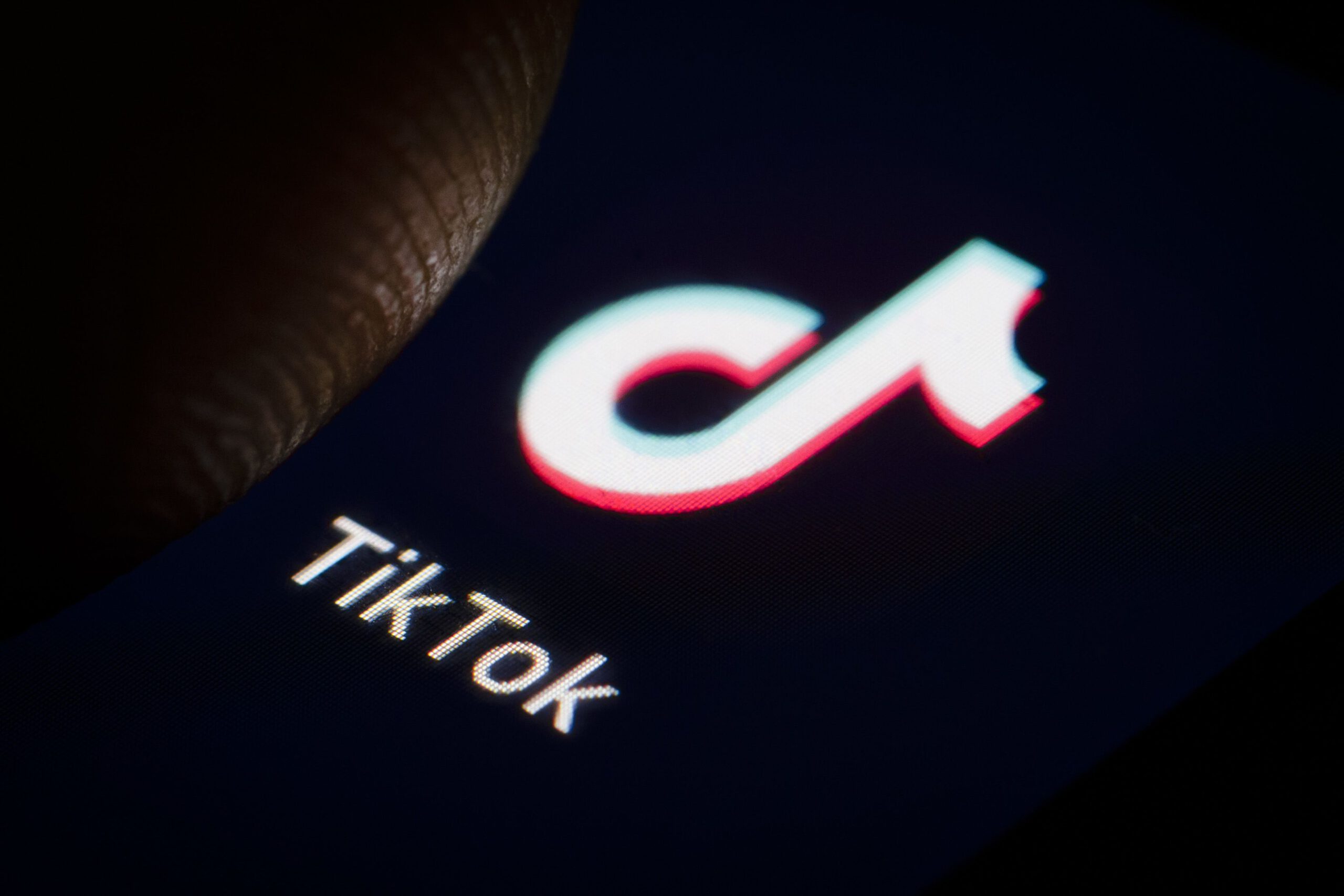
In the latest report of the OpenSignal State of Mobile Networks: Malaysia (October 2017), the company analysed 1 billion measurements from 75,288 user devices on the Celcom Axiata, DiGi, Maxis, U Mobile, Webe and Yes 4G networks. The samples were taken between Jun 1 – Aug 31, 2017.

OpenSignal data is collected from consumer smartphones and recorded under conditions of normal usage via the OpenSignal app for Android and iOS. Thoese measurements are taken wherever users happen to be, whether indoors or out, in a city or in the countryside, representing a mobile data service the way users experience it.
The latest mobile network test results for the country’s main six mobile operators show two delivering very good 4G signal availability and three providing downloads speeds at or better than the global average.

According to the report, Yes 4G users were connected to the 4G LTE network 93.2% of the time, more than 12 percentage points ahead of second-placed Maxis, exceeding the 80% availability mark in the tests. The other four operators provided LTE signal access to their users between 62% and 74% of the time.
Note from Editor: Yes 4G has no indoor coverage. Yes also don’t have a 3G network (unlike Maxis, Celcom, Digi and U Mobile), which means all Yes users have to be connected to the 4G network at all times to use its mobile service. As for the users of Maxis, Celcom, Digi and U Mobile, users are automatically switched to the 3G network when the 4G signal is poor. This was not mentioned in the OpenSignal report.
Maxis appears to lead in a number of other categories such as the fastest 4G download speed, delivering a 23.6-Mbps average download speed, more than 3 Mbps ahead of its nearest rival Yes. Maxis also leads in 4G latency, 3G speed and 3G latency.
The report indicated that the the four 3G service providers in the report delivered noticeably slower speeds. Maxis offered the top download speed at 3.8 Mbps, while Celcom, U Mobile and Digi were all under 3 Mbps, according to its measurements.
Full analysis by OpenSignal below:
In our last State of Mobile Networks report for Malaysia we examined the country’s four main operators: Celcom, DiGi, Maxis and U Mobile. This time round two more operators have emerged on the scene: Telecom Malaysia subsidiary Webe — which rebranded from P1 in April of 2016 — and new LTE-only operator Yes. Malaysian consumers obviously have a lot of choices in mobile service providers, though only a few of those operators excelled in OpenSignal’s core metrics.
It should be noted that last year OpenSignal made some adjustments to both the way we collect data from our smartphone apps and the methodology we use to parse that data. The update allows us to make more measurements, examine new types of network metrics and hone the precision of the measurements we’ve always collected, helping us isolate the typical consumer mobile experience more effectively (for more details, see our blog post). The changes haven’t affected our overall rankings of networks around the world, but for the sake of analytical rigor we aren’t making any direct comparisons between results collected from the two different methodologies.
Our latest 3G and 4G test results for the six operators in question, measured between June 1 and August 31 this year, show that Maxis separated itself from the pack in many of our metrics. Not only did it win four of our six award categories outright — 4G speed, 4G latency, 3G speed and 3G latency — but it has also came in a clear second in the remaining two categories of 4G availability and overall speed. Those two awards were taken by new LTE-only entrant Yes. By focusing purely on its LTE rollout with no 3G service to speak of, Yes has been able to build an extensive 4G network, gaining the upper hand over Maxis in both 4G reach and overall speed.
Looking at the first of our categories in detail, Yes easily won in 4G availability as our users were able to access its 4G signals an impressive 93.2% of the time, almost a full 13 percentage points ahead of second-placed Maxis, though Maxis, with an availability of 80.5% also had an impressive 4G reach. Our data showed the country’s other four main operators provided LTE signal access to their users less than 74% of the time.
In the next category, 4G download speed, Maxis was the clear winner delivering average connections of 23.6 Mbps to our users, more than 3 Mbps ahead of its nearest rival, which was again Yes. Both operators’ 4G speed scores were ahead of the 16.2 Mbps global average, as measured in our State of LTE report, while third-placed Celcom’s results matched that global average exactly. The remaining three operators, however, were far behind both their national rivals and the global average in our measurements.
OpenSignal’s third test category of average 3G download speeds applied only to the four operators in this country report with their own 3G network services: Celcom, Digi, Maxis and U Mobile. While we recorded another clear win for Maxis, with 3G download speeds of 3.8 Mbps in our tests, the results show that 3G speeds in Malaysia remain slow when compared against the average global 3G download speed of 4.4 Mbps, highlighted in our State of LTE report. Celcom, U Mobile and Digi averaged 3G downloads slower than 3 Mbps in our results.
Special mention should be made here to two operators with unique 3G conditions. While Webe does offer its users a 3G service, it is delivered entirely through roaming agreements with other operators, so we have excluded them from our 3G measurements. Meanwhile, U Mobile has long had a 3G network sharing agreement with Maxis to extend its UMTS network where it had no infrastructure of its own. But unlike a roaming agreement, network sharing allows U Mobile to manage its own spectrum assets. U Mobile also recently announced it has deployed new UMTS capacity on its own infrastructure and has begun winding down its agreement with Maxis. For those reasons we’ve included U Mobile 3G results in this report.
In the overall speed category, 3G and 4G speeds are factored into the metric along with the availability of each network technology. This metric was a clear win for LTE-only player Yes and is where its 4G focus was a big advantage. Without a slower 3G speed to factor into its overall-speed calculation, Yes won this category hands down. Maxis averaged overall speeds of 13.4 Mbps in our measurements, coming in second while the remaining four operators averaged overall speeds less than 10 Mbps. Two of them, Webe and U Mobile, had measured overall speeds less than 5 Mbps.
Our last category was latency, which measures the delay, in milliseconds, that data experiences as it makes a round trip through the network. Our 4G and 3G latency categories were both won by Maxis. Our 4G results show Maxis users experienced a 41ms delay, between 3ms and 15ms ahead of its five rivals, while in the 3G latency test we measured Maxis’s latency at 97.4ms.
In general, the results of this latest OpenSignal report on Malaysia show some operators in the 4G domain making good strides in terms of download speeds. We also found impressive 4G availability among the top operators. And despite two strong wins from Yes, our results show Maxis to be the dominant mobile operator across our metrics. That said, the slow 3G speed results for all operators are well below global benchmarks, indicating Malaysian operators have plenty of room for improvement.
[Download PDF]– OpenSignal State of Mobile Networks: Malaysia (October 2017)











